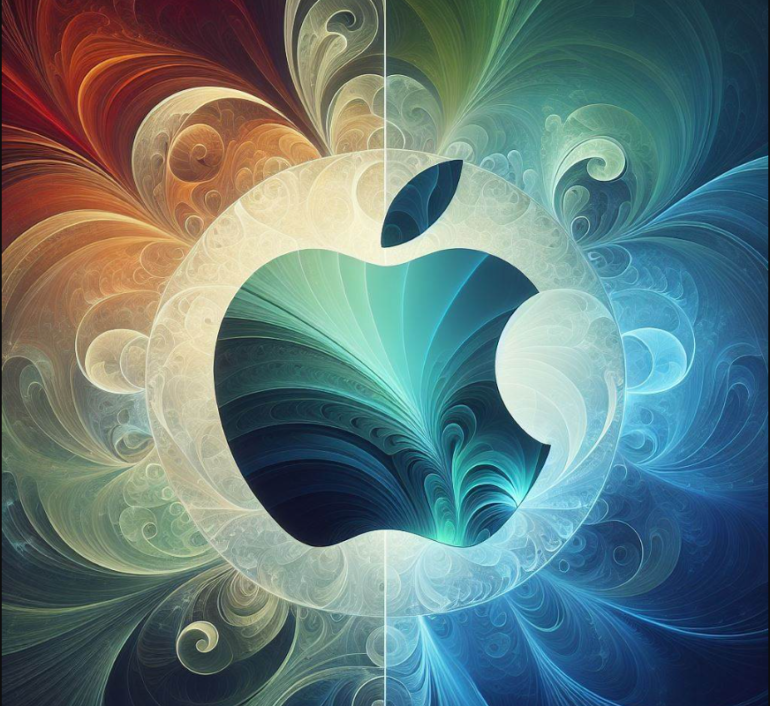- Apple acquired Paris-based AI startup Datakalab, specializing in on-device AI.
- Datakalab’s expertise in algorithm compression and embedded AI aligns with Apple’s focus on privacy and performance.
- The acquisition highlights Apple’s strategy to integrate sophisticated AI into upcoming devices.
- Bloomberg’s Mark Gurman suggests Apple’s future AI tools will run entirely on-device.
- Datakalab’s previous collaborations include projects with the French government and Disney.
- Anticipation builds for Apple’s new AI strategy unveiling at WWDC.
Main AI News:
Apple’s recent acquisition of the Parisian AI startup Datakalab underscores its commitment to advancing on-device AI capabilities. The acquisition, which was finalized on December 17, has been discreet but was brought to light through a European Commission filing cited by French publication Challenges (via iPhoneSoft). While financial specifics remain undisclosed, the move undoubtedly serves Apple’s broader agenda of integrating more sophisticated AI technology into its upcoming devices, including those anticipated in iOS 18.
Founded in 2016 by Xavier and Lucas Fischer, Datakalab specializes in algorithm compression and embedded AI systems. Its groundbreaking work in developing low-power, high-efficiency deep learning algorithms aligns seamlessly with Apple’s emphasis on user privacy, data security, and device performance. By enabling AI processing on-device, Datakalab’s expertise reduces reliance on cloud-based systems, minimizing the risk of data breaches and ensuring faster processing times. Notably, the startup’s proficiency in compressing neural networks for optimal performance on portable devices like smartphones and tablets positions it as a strategic asset for Apple.
According to Bloomberg’s Mark Gurman, Apple’s forthcoming LLM (Large Language Model) will operate entirely on-device, departing from the conventional cloud-based approach adopted by most existing AI services. While Apple’s on-device AI tools may face limitations compared to their cloud-based counterparts, Gurman suggests that strategic partnerships and technology licensing agreements with companies like Google could help bridge any functionality gaps.
Prior to its acquisition, Datakalab had collaborated on significant projects, including partnerships with the French government and Disney. The company’s advancements in emotion analysis through facial recognition and visual data paved the way for real-time audience reaction monitoring during cinema screenings. With Apple poised to unveil its new AI strategy, anticipation mounts for insights into its next-generation operating systems, which are expected to debut at the Worldwide Developers Conference (WWDC) in early June.
Conclusion:
Apple’s acquisition of Datakalab signals a strategic move towards enhancing on-device AI capabilities, aligning with the growing demand for privacy-focused and high-performance AI solutions in the market. This acquisition positions Apple to leverage Datakalab’s expertise to deliver innovative AI-powered experiences to its users, potentially reshaping the landscape of AI technology within the industry.

